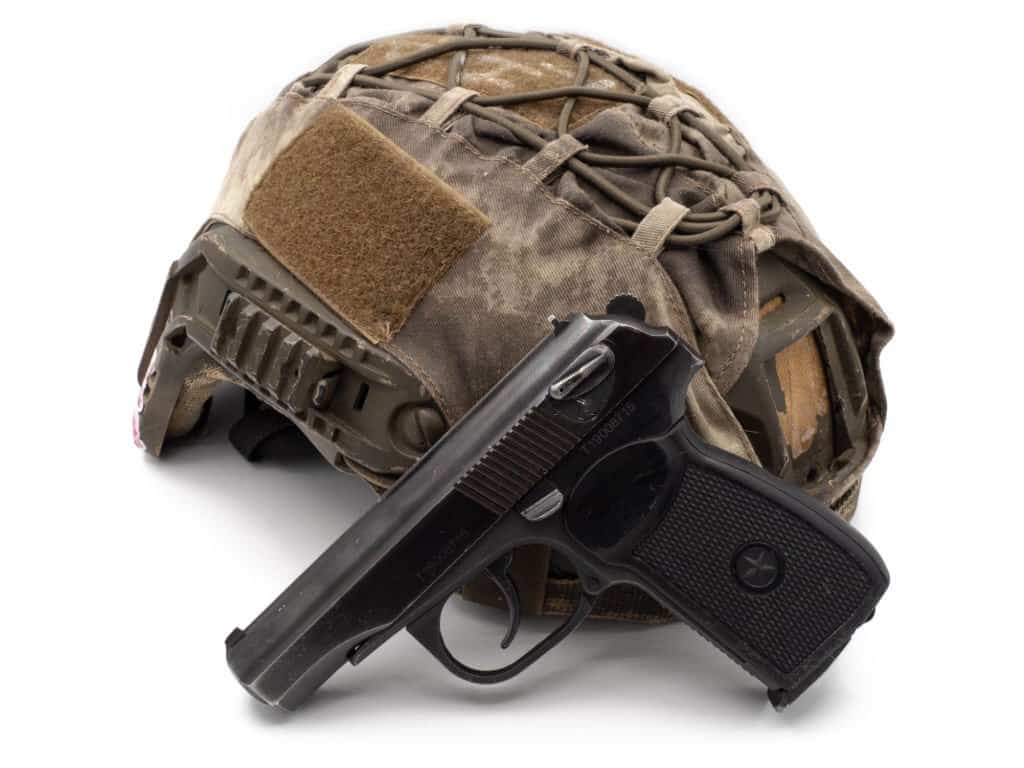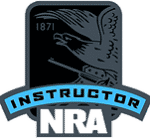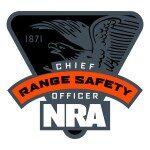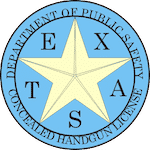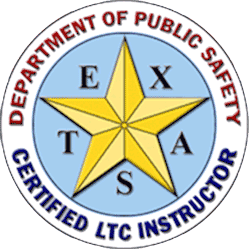Nationwide Concealed Carry for Military and Veterans
I put this together to cut through the red tape with a lot of articles. Here are the numbers broke down for
Texas License to Carry for Military Service Members
If you are Active Military here is how the Texas License to Carry – Texas Concealed Carry works:
- You must complete an online or in-person class (Ours is Online and $40)
- You will have to submit documentation you are Active Duty, and latest range card
- Range is waived (Have to show you did a range qualification within last 10 years rifle or handgun)
- Texas has a $0 License fee for Active Military
- So, costs for Active Military
- License Fee: $0
- Our Online Class $40
- Fingerprint Fee through DPS Indigo $10
Total Cost for Active Military $50 plus the cost of gas to do Fingerprints.
If you are a Veteran here is how the Texas License to Carry – Texas Concealed Carry works:
- You must complete an online or in-person class (Ours is Online and $40)
- You will have to submit documentation you are Veteran, and latest range card within 10 years.
- Range is waived if did a range qualification within the last 10 years rifle or handgun.
- Texas has a $25 License fee for Veterans.
- So, costs for Veterans (Honorably Discharged)
- License Fee: $25
- Our Online Class $40
- Fingerprint Fee through DPS Indigo $10
- If you don’t have a range Qual. Within last 10 years of applying you will have to find a local range to do familiarization (most ranges, do it on the weekend, takes about an hour, all students I have talked has said range cost between $10-$25, depends on range)
Total Cost for Veterans $75 plus the cost of gas to do Fingerprints. If range is waived.
Even as the debate over whether, where, and when service members should be allowed to carry weapons continues, some troops are already allowed to carry concealed handguns, even if their state does not have a concealed-carry law.
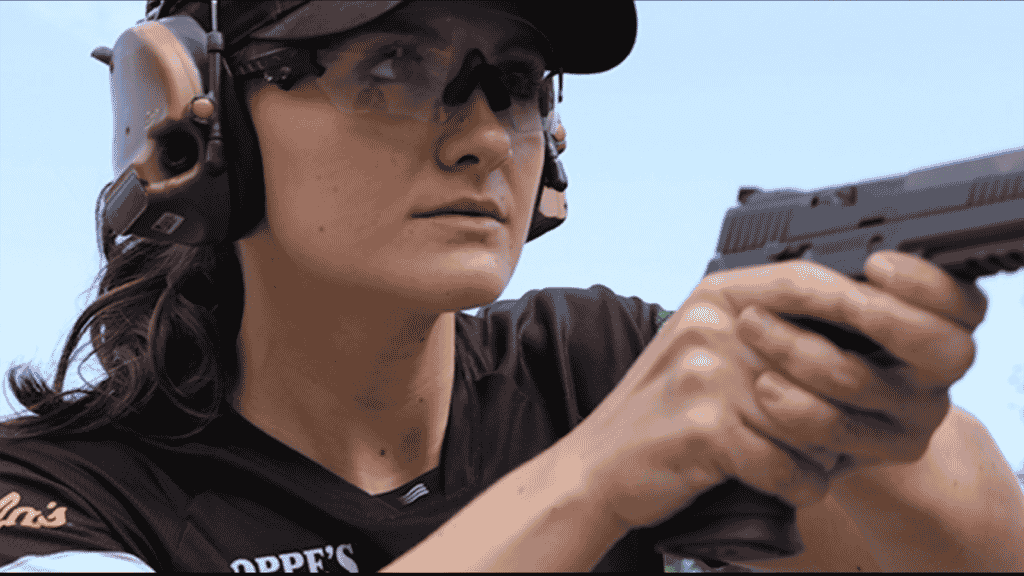
The Classroom Section:
On July 22, 2004, President George W. Bush signed H.R. 218, the “Law Enforcement Officers Safety Act of 2004;” (LEOSA), also known as the “National Concealed Carry for Cops,” into law.
- With certain exceptions, this new law allows “qualified law enforcement officers” and “qualified retired law enforcement officers” to carry a concealed weapon in the United States or its territories, regardless of state or local laws.
- Police officers must “meet any standards, if any, established by the agency requiring the employee to regularly qualify in the use of a firearm.”
- Officers are required to carry agency-issued identification. Retired officers who maintain their annual qualifications are also permitted to carry concealed with an identification card.
The act was introduced to Congress as H.R. 218, and if a police officer is aware of it, he or she will most likely refer to it as H.R.218. H.R. 218 authorized police, including military police officers, to carry a concealed firearm in any state or US possession, including Puerto Rico.
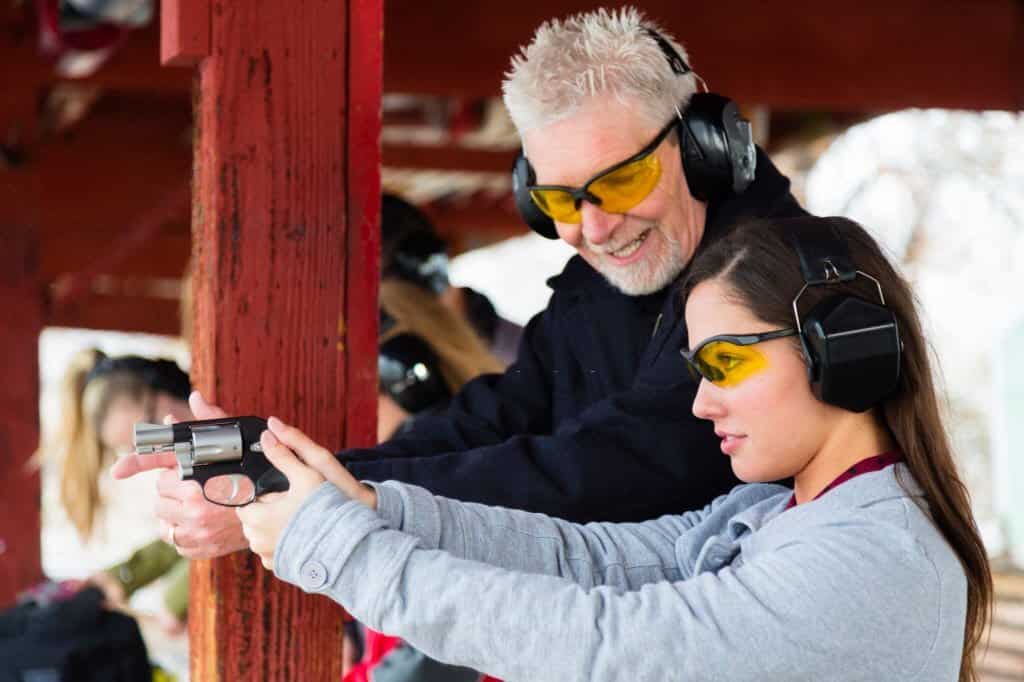
This type of law enforcement concealed carry permit is not the same as the civilian concealed carry permits that states can issue to their citizens. The most important distinction of an H.R. 218 concealed carry permit is that it must be honored in all 50 states.
As of July 2013, every state in the union had some form of civilian concealed carry permit. However, unlike a driver’s license issued in one state and recognized in all 49 states, there is no single state that will recognize all 49 other concealed carry permits or have their permit recognized by all 49 states.
H.R. 218 creates a special concealed carry permit for active and retired cops, military personnel and veteran.
Depending on the protocol of each state, there is a procedure to follow.
You must qualify each year for the handgun you intend to carry, and once you have your H.R. 218 permit, you are free to travel throughout the 50 states and all US territories with your legal handgun. This includes Washington, D.C., New York City, and Chicago, the dreaded anti-gun city.
What was the problem with H.R.218?
The issue was that when H.R. 218 was first enacted, it did not include retired federal law enforcement officers such as FBI or ATF agents. So the bill was amended to include military, veterans both active duty and retired, but the wording was allegedly confusing to civilian law enforcement, so retired military police from all branches of the DoD and Coast Guard were denied the H.R. 218 permit.
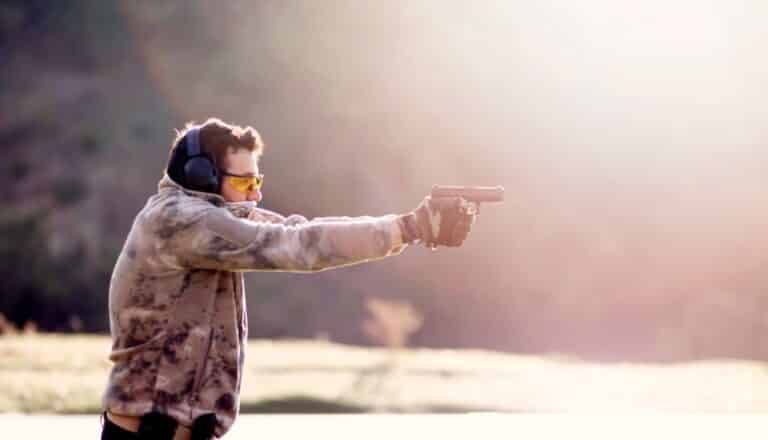
This year, H.R.218 was amended again, and there is now a specific wording that addresses both active duty and retired military police.
Who can qualify for H.R.2018?
- You can qualify and carry a concealed handgun if you are a retired military police officer, veteran, security guard, or master-at-arms. I believe each state has established an application procedure for former members of federal law enforcement (including former military cops) to obtain an H.R. 218-based concealed carry permit that must be honored in all states.
- Note: Please keep in mind that if you are a retired military police officer from any branch of the DOD, you must have a total of ten years of service as a military cop. So it’s fine if you changed careers and weren’t a cop your entire Air Force career, as long as you have at least ten years of military police experience.
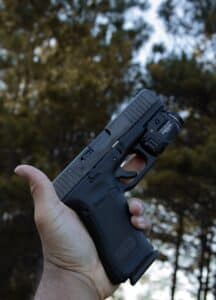
You must be able to demonstrate this on your DD 214. You do not need to be retired from military law enforcement. You only need ten years of experience as a military cop. So, if you have a DD 214 that shows you were a military police officer for ten years (even if you separated before the twenty-year retirement age), that will suffice.
If you want to get an H.R. 218-based law enforcement concealed carry permit, the first thing you should do is contact the Department of Justice (or equivalent) in your state. Every state must have a procedure in place for former police officers to obtain a concealed carry permit. H.R. 218 allows any military officer from any branch of service (including reserve or Guard officers) to obtain their own privately-owned handgun and carry it concealed off base. Military commanders will have to deal with this for the first time.

